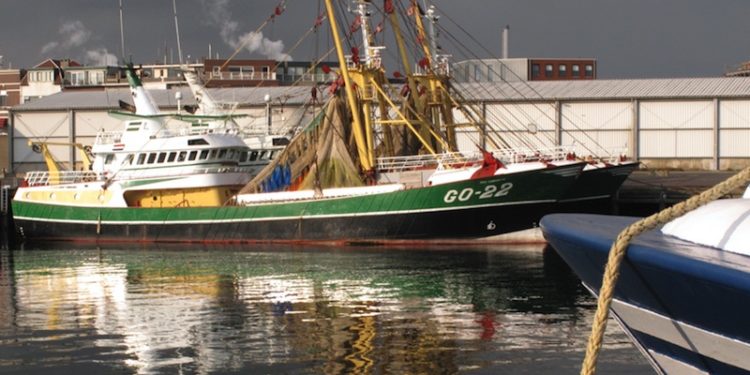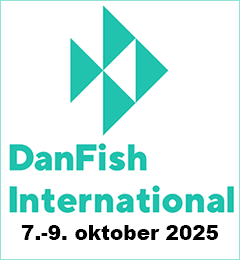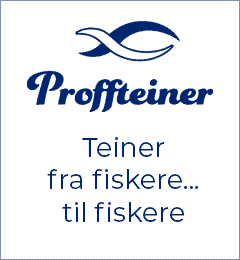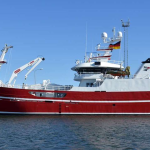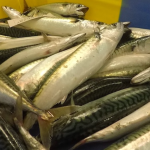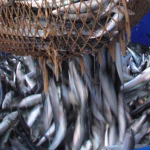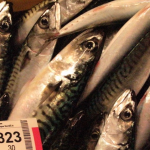There have already been angry speeches in Strasbourg, and there will undoubtedly be more before the day is over as the European Parliament is due to decide on the future of pulse fishing.
The session takes place today and this has become a bitter battleground between the Dutch industry and the opponents of pulse fishing, mainly in France and the UK. The likely outcomes hinge on amendments tabled by Breton MEP Alain Cadec, which if passed would require the Dutch fleet to return to only 5% of its fleet fishing with pulse gear, while the remainder of the pulse fleet would be able to fish for what remains of their temporary licence periods, and then return to conventional methods.
An amendment put forward by French MEP Isabelle Thomas would be for all electric fishing to be ended immediately.
According to Dutch MEP Peter van Dalen, speaking to EMK, Alain Cadec’s amendment stands a strong chance of being passed during the plenary session. Isabelle Thomas’s more radical amendment has a low chance of going through, although it’s a possibility.
The campaigns in favour of and against pulse fishing leading up to today’s vote have become increasingly frantic. The Dutch industry and its federations have consistently pointed to the figures; that pulse fishing has lower discards and lower fuel costs compared to conventional beam trawling, while the size of the fleet has been dramatically cut in recent years.
What has served to ratchet up the heat of the pulse trawl debate is the involvement of French pressure group Bloom, and Peter van Dalen commented that he and other MEPs have referred Bloom to an internal EU organisation that screens NGOs, stating that; ‘their campaign is built on pure lies.’
Opponents of pulse fishing have repeatedly pointed to the problems faced by coastal fishermen, in particular those fishing off the east coast of England and French fishermen working in the Eastern Channel who have seen their catches drop alarmingly.
R03;Jerry Percy, executive director for LIFE, said that the Dutch electric pulse fishing lobby has been reduced to throwing out insults in a last ditch attempt to cloud the real impacts of the use of electricity in the sea, commenting that it is important to note that the objections raised by LIFE to the use of pulse were based entirely on the real time observations of other commercial fishermen.
‘The Dutch had tried to undermine this information by suggesting that these fishermen were simply ‘jealous’, a blatant insult to other fishermen who were suffering as a result of the ravages of this so called ‘innovative’ gear,’ he said.
‘We can understand why the Dutch fleet are so keen to promote the method, they were under increasing pressure over the impact of their beam trawl fishing and the pulse gives them the chance to reduce their fuel costs and persuade regulators that the method is a better option,’ he commented, arguing that this is a fundamental nonsense.
‘When other commercial fishermen state clearly that they see the massive damage that pulse fishing is doing to stocks then someone in authority has to be brave enough to stand up and declare that enough is enough. This is not research, this is a con perpetrated by a small group of fishers who have found a way to dramatically increase their profits at the expense of everyone else and the marine environment,’ Jerry Percy said, while dismissing moves by the Dutch federations to establish pulse-free zones as a PR stunt.
The controversy over pulse fishing has grown steadily over the last few years as both sides have argued their case, with both putting forward string arguments to support their positions. There are significant unanswered questions about pulse fishing, just as there are a whole series of problems that have been nailed to one issue.
As the Dutch federations point out, fish stocks in the North Sea are at their strongest since 1957, so the problem is not an overall shortage of fish, but a scarcity of fish in coastal zones – while the North Sea also has seen a massive growth in windfarms, a changing climate and other factors, any of which could contribute to alterations in the behaviour of fish populations.
The future of pulse fishing will be – to a greater or lesser extent – decided today in the European Parliament with today’s vote, following yesterday’s debate.
Watch things unfold in Strasbourg here

